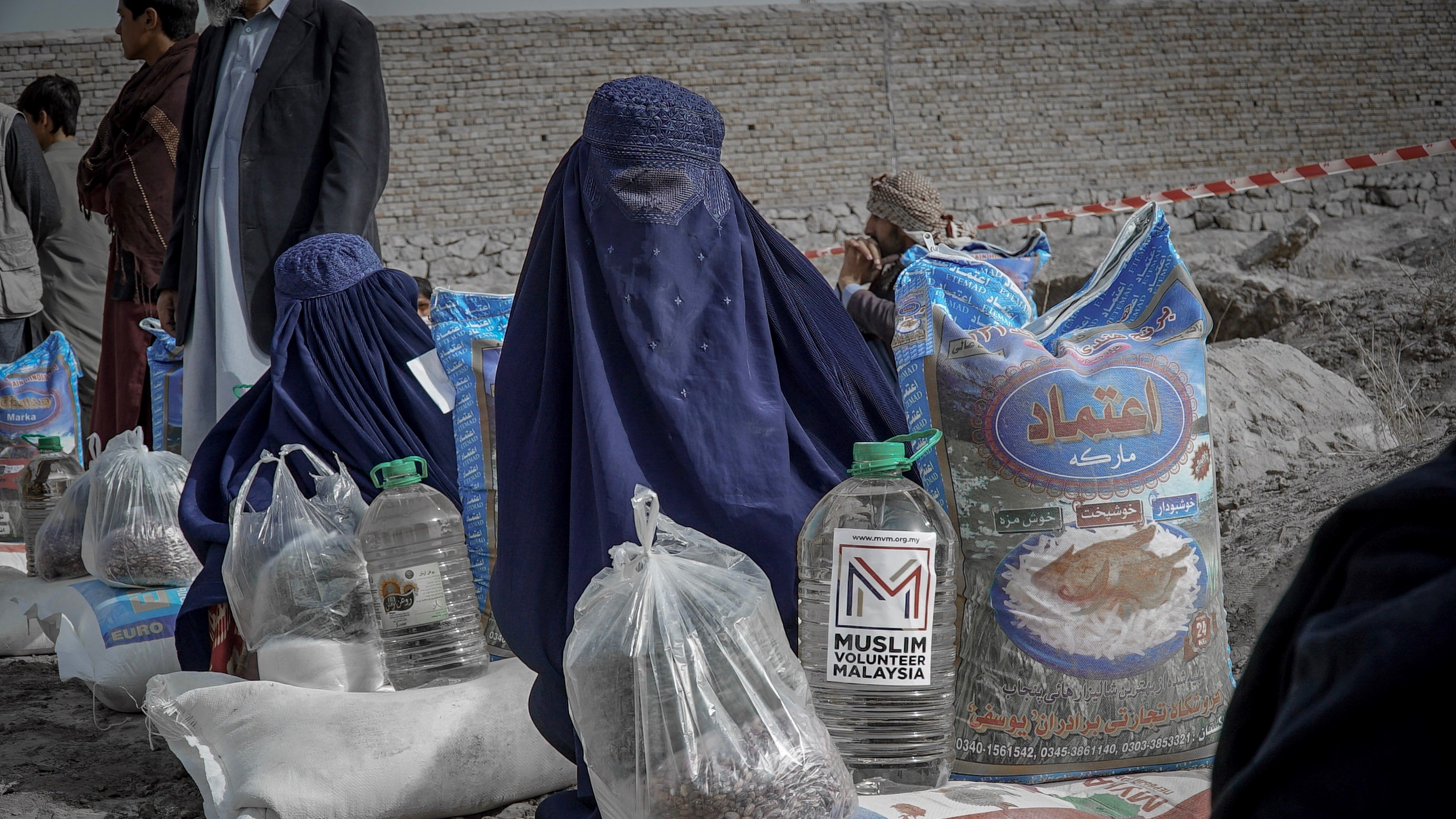LSE alum Toluwalola Kasali provides some suggestions on factors for policymakers to consider when addressing climate change and sustainable development in poor and vulnerable countries.
The impact of climate change creates a complex and multidimensional development challenge for millions of people around the world. From global to regional, national, and sub-national levels – communities are being exposed to the consequences of changing weather patterns, rising sea levels, and extreme weather events, including the frequency and intensity of heat waves, floods, droughts, storms, etc. The urgency of addressing climate change is undeniable, and public policy has a role in shaping the conversations needed to achieve inclusive, resilient, and sustainable development.
Some countries are more vulnerable than others to climate shocks as existing vulnerabilities, including economic crisis, weak capacity, political instability, and conflicts, exacerbate the impact of climate change. Although many of these countries have contributed the least to the climate crisis, they bear a higher impact burden – particularly the poor and least-developed countries with limited resources to cope and adapt to its consequences.
The scale of the challenges many poor and vulnerable countries face is enormous, as many of them are already confronted with pressing development issues of poverty, hunger, malnutrition, and poor access to healthcare and education. While climate change is a global challenge requiring concerted global cooperation and action, it also requires local solutions that are inclusive, resilient, and sustainable. It cannot be a one-size-fits-all approach – it requires understanding the country’s context and vulnerabilities in finding solutions.
Policies addressing climate change through programs and projects aimed at mitigation, adaptation, capacity building, and sustainable development need to consider many factors, including:
- Existing vulnerabilities, conflicts, and fragility cycles: Poor and least developed countries are already behind in development, and climate shocks exacerbate underlying vulnerabilities, further hindering their growth. Storms, wildfires, droughts, and floods affect agricultural productivity, food security, livelihoods, settlements, public health, education, etc. For example, severe and prolonged droughts can lead to crop failures, food shortages, loss of livelihood, and poverty, especially in countries that depend on rain-fed agriculture. When farmers leave their communities and land due to the droughts in search of arable land and water, it often leads to conflicts with the host communities regarding water and land resources.
- Forced displacements: Climate-related disasters can force people to flee their homes and lead to a large population of internally displaced persons. People living in fragile and conflict-affected states are disproportionately affected as climate shocks often lead to repeated displacements (being displaced more than once), which negatively impacts the well-being of families and communities. It also increases the burden on host communities due to already strained resources – this can sometimes lead to conflicts.
- Fiscal space: Many poor and vulnerable countries face tight fiscal constraints – low domestic revenue mobilisation, rising public debt, high fiscal deficit, and competing development spending needs, including health and education. Although these countries face huge adaptation needs, the ability to achieve those objectives is limited by fiscal space. These countries will, therefore, benefit from additional support – a combination of budget support, concessional funding, grants, domestic revenue mobilisation, and private-sector investments.
- Socioeconomic factors: Targeted social safety net programs can help households build resilience to climate shocks in countries with high poverty rates and large informal economies. The safety net programs need to be well-targeted (using data and information) with efficient and flexible delivery systems. This enables the program to be scaled up quickly in times of crisis and help communities recover and build back. However, these countries often have the least resources to recover from the shocks and rebuild. To support inclusive growth and resilience, these countries should receive the necessary support to protect the most vulnerable people through access to social safety net, health, and education programs.
- Political economy: Countries with protracted political instability and fragile transitions may find it more difficult to convince the domestic constituents of the benefits of climate change solutions. This context is especially challenging because governments also need to meet immediate and pressing development needs. Policymakers will need to engage and communicate with stakeholders, including their constituents, on the need for climate-friendly policies and actions.
- State capacity: Implementing adaptation strategies requires good governance, capacity building, and strong institutions. Poor and least developed countries need capacity development support from partners to design and implement their climate adaptation and sustainable development plans and projects. Capacity-building support will need to consider the circumstances in the specific country. Where conditionalities exist for supporting these countries, they need to be well articulated, non-complex, and streamlined, taking into consideration the country’s ability to meet the stated conditions.
- Development links and accountability: Poor and vulnerable countries will need to align climate change solutions to national development plans. In addition, measures need to be implemented to increase accountability to the people on strategies, opportunities, obligations, targets, progress, and institutional transparency while also ensuring good governance to achieve sustainable development.
- Local solutions: In developing programs, global decisions and actions should be broken down to local levels for impactful action – with adaptation and resilience actions supporting locally led climate approaches. Individuals, communities, businesses, and governments commit to actions that are aligned with their location, infrastructure, culture, and resources.
- Private sector participation: The private sector has a key role to play in financing, mobilising capital, innovating, advising, and partnering with governments to support emission reduction, adaptation, and resilience by participating in areas including Innovative finance, Energy, Transport, Agriculture, Forestry, Health, Education, etc.
- Multistakeholder partnerships: Effective multistakeholder partnerships should play an essential role in addressing the impact of climate change and ensuring sustainable development by harnessing the strengths of private, public, nonprofit, and multilateral institutions to leverage and maximise synergies.
In conclusion, the path to addressing the impact of climate change is multidimensional, especially for poor and vulnerable countries. Policymakers and other stakeholders need to consider these dynamics to ensure that engagements are driven by an understanding of the context and vulnerabilities of each country. To achieve sustainability in poor and vulnerable countries, policies addressing climate change should be linked to inclusive growth, resilience, and sustainable development.
The views expressed in this post are those of the author and in no way reflect those of the International Development LSE blog or the London School of Economics and Political Science.
Featured image: Revealed by a construction of a new highway between Dolosie and Pointe-Noire. Congo-Brazzaville. Bobulix via Flickr.





